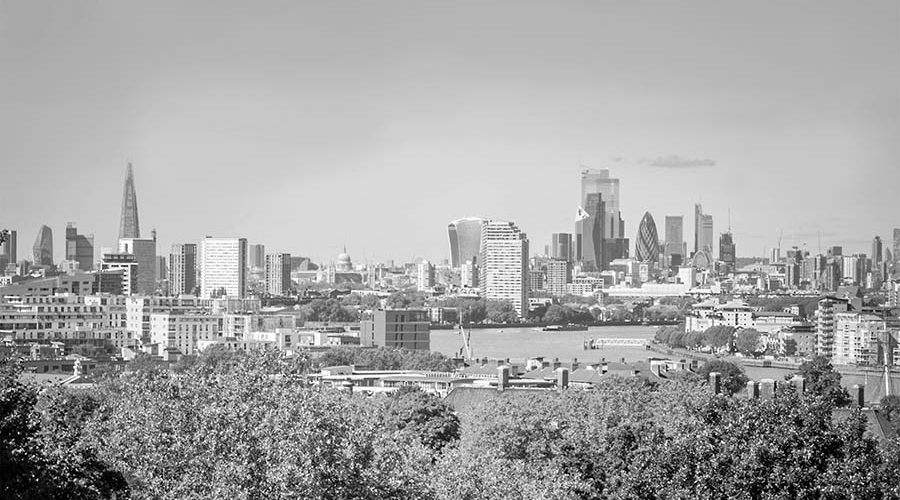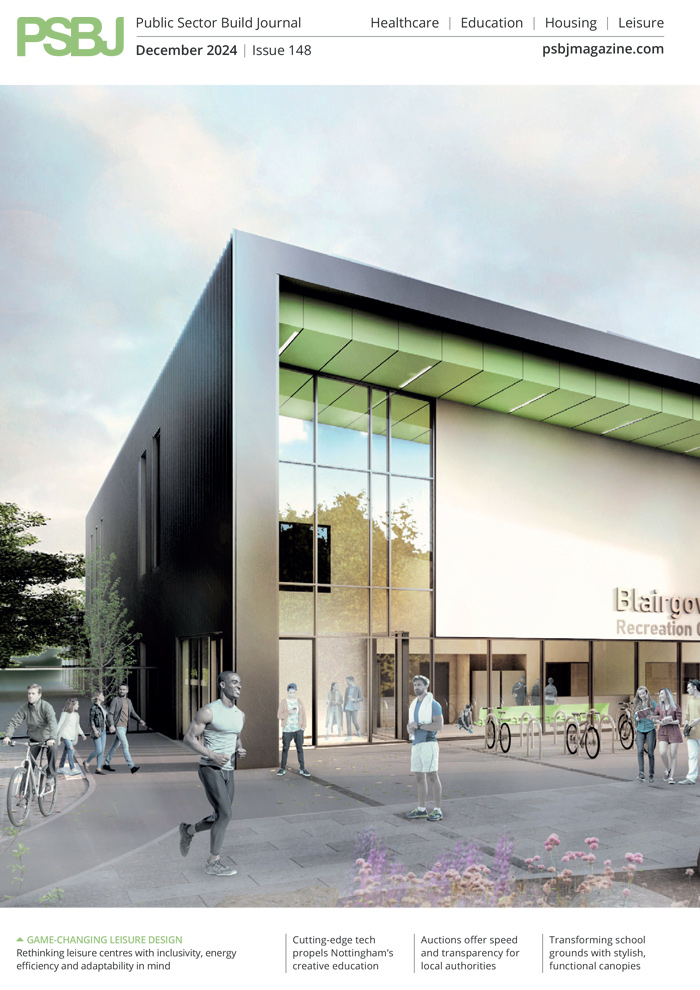With the majority of lockdown measures now starting to ease across the country, Mark Robinson, Chief Executive of public sector procurement specialist Scape Group, outlines his vision for an economic recovery that, within the world of construction procurement, is driven by partnership and mutual understanding.
Scape Group
“Build, build, build” was the call from the Prime Minister that echoed across the country earlier this month. And the message was received loud and clear. Undoubtedly, rolling up our sleeves and putting spades in the ground will be an important first step to aiding the UK’s long-term economic recovery.
It is only logical that Boris Johnson’s first port of call in this crisis is a public-led construction revival; typically, the industry’s output contributes more than £117bn to the economy every year. The £5bn of investment promised by the Government is obviously a fraction of this, but it’s a statement that should spark much-needed confidence and optimism at a time when both have been in short supply.
If the investment promised is to make a significant impact, it needs to be backed up by an investment in people, in better operating practices and in a sustainable recovery.
Yes, a recovery is needed urgently, but this is no excuse for short-termism. We must make this investment count.
Putting disputes in the past
As firms get back to work, it’s clear that there will be challenges ahead in terms of the time and cost associated with delivering contracts agreed pre-lockdown. Put simply, socially distanced sites, for the time being, are unable to deliver at the speed of pre-crisis Britain.
That being the case, it’s vital that contractors and their public sector clients don’t resort to drawing deeper lines in the sand; contract disputes over liability are only going to inhibit confidence and ensure that any step forward is matched with two steps back.
The media is littered with articles from construction lawyers who are bracing themselves for a spike in disputes in the autumn. For the health of all involved, we cannot allow this to materialise. Instead, a forward-thinking approach will involve using the mechanisms within New Engineering Contracts (NEC) that provide a framework for resolving disputes through dialogue.
Its emphasis is on all parties coming together to navigate their collective way through roadblocks such as compensation events, bonuses or penalties without ending up in court.
Naturally, this will depend on how much open and honest dialogue that contractors and the public sector are willing to have. As such, we need to be ready and willing to have more honest conversations from the outset, if we’re to help drive the recovery.
Productive tech practices
A tech revolution in the public sector is also going to be essential in quickly mobilising a full recovery. And a rare silver lining from the pandemic is that it will speed up the transition to more digital-first working practices.
Over the last few months, new processes and mechanisms have been adopted in order to reduce the barriers to productivity while we were all at home – why should we stop now that sites and offices are reopening?
For example, we’ve seen a significant uplift in the use of modern file sharing and electronic signature tools, such as DocuSign, as well as an elevation in the number of conversations about the legalities of exchanging contracts in this way. We’ve also seen some fantastic engagement during the course of the beta for our MyScape project delivery companion, proving that there has never been a more suitable time for public sector and construction delivery teams to become better connected and improve the flow of information between them.
On sites, the introduction of innovative technology such as GoPro site filming has allowed project and procurement teams to supplement the in-person visits that were once needed to discuss specific issues. Innovations like this will likely outlive social distancing.
Streamlined and sustainable
Streamlining processes will not only allow the public sector and contractors to be more productive but also offer options for a more sustainable, greener recovery. Given the urgency of the climate emergency we all face, I think this is as essential as the financial recovery itself. We need to “build, build, build” – but better, and in a way that future generations deserve.
Whilst making public sector buildings more energy-efficient through retrofitting is a good start, but we should also be looking at innovative design, materials and delivery models that will have a much greater impact in the long-term on new developments.
We recognise our own responsibility here to encourage and deliver a greener future, especially if we’re to help the country meet its net-zero carbon commitment for 2050. Our latest procurement announcements are reflective of that commitment. But the response must be from across the industry. Without a series of sustainable practices to follow on our road to recovery, we’ll lose our best shot at rebuilding a better future for the industry and for Britain.
Overall, there’s much reason to be optimistic. This recovery presents a reset moment where we can devote resources to making sure we do, indeed, build back better. More homes, schools, hospitals and more key infrastructure that UK Plc and its population have been calling for.
With this investment, if used intelligently, there’s no reason why it can’t inspire a renaissance in project delivery best practice.

Mark Robinson has enjoyed 28 rewarding years in the public sector, starting his career as a YTS apprentice spending 16 years in local Government. He champions smarter procurement and best practice in efficient construction. He works closely with some of the biggest construction companies in the UK and leading industry bodies to help improve the built environment across the public estate.









